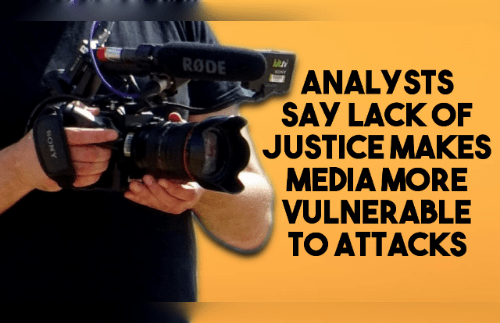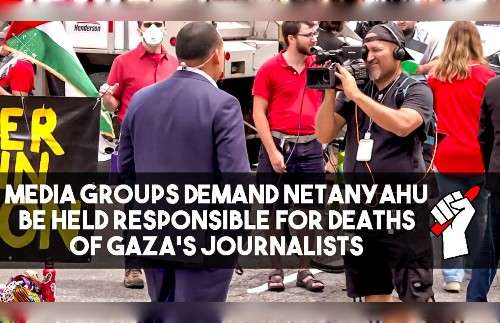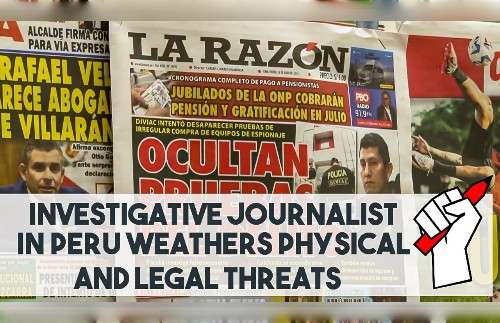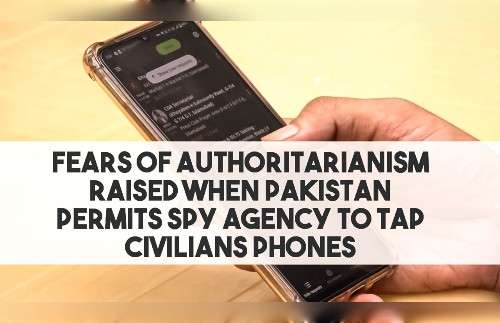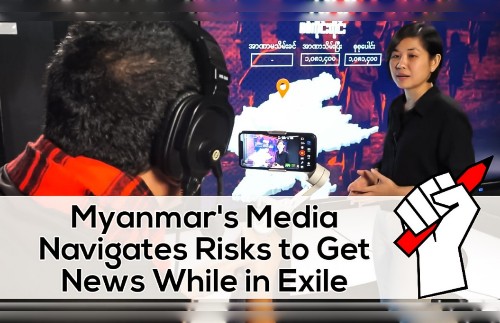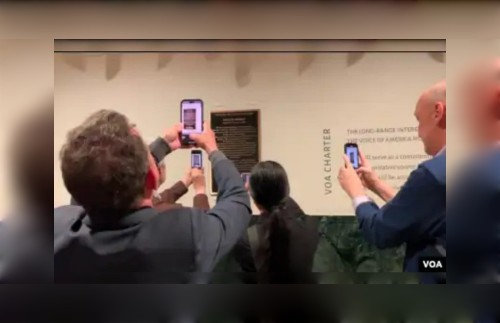
Three years after the assassination of the Maltese journalist, the quest for justice remains unresolved and essential reforms have still not been initiated by the government. Reporters Without Borders (RSF) reiterates its call for justice to be done for Daphne Caruana Galizia and for the immediate implementation of measures to guarantee greater press freedom in the archipelago.
This Friday, October 16 marked the third anniversary of the assassination of journalist Daphne Caruana Galizia and takes place in a climate still worrying for press freedom, and while the absence of essential reforms is increasingly felt . The perpetrators and alleged perpetrators of the attack have yet to appear in court, and Prime Minister Robert Abela, who took office 10 months ago, has even tried to obstruct the ongoing investigation.
It’s been three years and it’s far too long: the impunity for the assassination of Daphne Caruana Galizia has lasted too long. Just as the absence of reforms has lasted too long to remedy the major systemic shortcomings that this terrible crime has exposed, says RSF’s director of international campaigns, Rebecca Vincent. The international community has clearly identified the measures to be taken. Now it must act to demand that the Maltese government implement them without delay. Allowing impunity to take hold in the heart of the European Union is to leave the door open to further attacks against journalists. It is time to send an unequivocal signal: this will not happen again either within the EU or elsewhere. “
To mark the second anniversary of this tragedy, RSF and the independent news site The Shift published a detailed report on the failings of the Maltese authorities following the journalist’s assassination, as well as on international recommendations to remedy the abuses. systemic issues that enabled this attack and for justice to be done. A year later, they remain largely ignored, with the exception of the launch of a public inquiry – a hard-fought breakthrough thanks to international pressure and the setting of a deadline by a key resolution of the Parliamentary Assembly of Council of Europe in June 2019.
The fact remains that the independence and impartiality of this public inquiry are today threatened. Prime Minister Robert Abela tried to hinder the work of the commission of inquiry by imposing a time-limited schedule. Thus, in the 10 months he has been in office, Mr. Abela has shown that his administration is determined to follow in the footsteps of his predecessor, Joseph Muscat. The latter was forced to resign after civil society demonstrated en masse to protest against the developments in the Caruana Galizia affair. He also finally submitted his resignation to Parliament on October 5.
During a trip to Malta last July following the lifting of restrictions due to the health crisis, RSF met journalists from several independent media outlets. They reported on the deep divisions that plague the Maltese media community and the fact that deep down, and despite the superficial reforms undertaken by Mr. Abela – the end of the continued degradation to the Ms. Caruana Galizia memorial in Valletta, for example – nothing has changed. And although Mr. Abela does not appear as openly hostile to the media as his predecessor was, journalists report increasing difficulties in gaining access to information or to government officials.
Some have also criticized the lack of transparency in the financial assistance provided to news organizations by the new administration in response to the Covid-19 crisis. According to reports that RSF has seen, the government has tried to influence the editorial policy of certain publications that have accepted these subsidies and other advertising agreements.
Meanwhile, the investigation into the assassination of Daphne Caruana Galizia is stalling. The contract killers Alfred Degiorgio, George Degiorgio and Vincent Muscat, in detention since December 2017, have still not appeared in court. Intermediary and key witness Melvin Theuma, who has brought himself to justice, had to be hospitalized last July after being seriously injured – he had his throat slit. Evidence continues to be gathered against the alleged sponsor, Yorgen Fenech, whose lawyers argue will not get a fair trial and that the “real culprits” are still in the wild.
RSF reiterates its call for full justice to be done for the assassination of Daphne Caruana Galizia, namely that anyone involved in any way in this case be identified and prosecuted in full respect of the law: all the perpetrators, all intermediaries and all sponsors. Important steps must be taken in this direction, including the protection of the independence and impartiality of the ongoing public inquiry and the offer of assistance by a joint Europol investigation team . RSF also calls for the implementation, without delay, of key international recommendations to remedy the wider systemic shortcomings from which Malta suffers – starting with that of the June 2019 resolution of the Parliamentary Assembly of the European Council.
Malta has lost 34 places in the World Press Freedom Index established by RSF since the assassination of Daphne Caruana Galizia, and in 2020 is in 81st place out of 180 countries.
Copyright ©2016, Reporters Without Borders. Used with the permission of Reporters Without Borders(RSF), CS 90247 75083 Paris Cedex 02 https://rsf.org
Escaping from Scam Center on Cambodia’s Bokor Mountain
UN Security Council Meets to Discuss Children and Armed Conflict
10 Shocking Revelations from Bangladesh Commission’s Report About Ex-PM Hasina-Linked Forced Disappearances
Migration Dynamics Shifting Due to New US Administration New Regional Laws
UN Security Council Meets to Discuss the Maintenance of International Peace and Security and Artificial Intelligence
Winter Brings New Challenges for Residents living in Ukraine’s Donetsk Region
Permanent Representative of Israel Briefs Press at UN Headquarters
Hospitals Overwhelmed in Vanuatu as Death and Damage Toll Mounts from Quake
Subscribe Our You Tube Channel
Fighting Fake News
Fighting Lies















